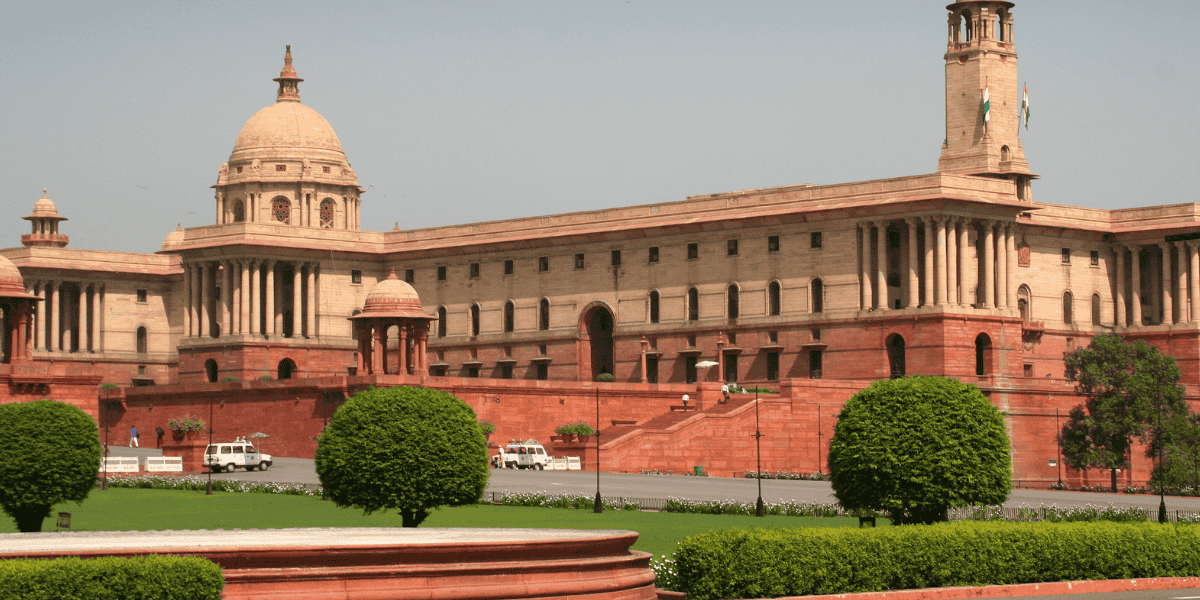On 1st February 2020, Indian Finance Minister Nirmala Sitharaman presented the Union Budget 2020-21 in the Lok Sabha. The budget includes the following key tax proposals:
Abolishment of dividend distribution tax
The budget proposes to remove the dividend distribution tax and replace it with ten percent withholding tax on dividends. Currently, companies are required to pay Dividend Distribution Tax (DDT) on the dividend paid to its shareholders at the rate of 15% plus applicable surcharge and cess, in addition to the tax payable by the company on its profits. In order to increase the attractiveness of the Indian Equity Market and to provide relief to a large class of investors, the Finance Minister has proposed to remove DDT, and adopt the classical system of dividend taxation, under which the companies would not be required to pay DDT. The dividend shall be taxed only in the hands of the recipients at their applicable rate.
Concessional Tax Rate for Electricity Generation Companies
New provisions were introduced in September 2019, offering a concessional corporate tax rate of 15% to the newly incorporated domestic companies in the manufacturing sector which start manufacturing by 31st March, 2023. In order to attract investment in the power sector, it has been proposed to extend the concessional corporate tax rate of 15% to new domestic companies engaged in the generation of electricity.
Tax Concession for Foreign Investments
To incentivize investment by Sovereign Wealth Fund of foreign governments, the Finance Minister has proposed to grant 100% tax exemption to their interest, dividend and capital gains income in respect of the investment made in infrastructure and other notified sectors before 31st March, 2024 and with a minimum lock-in period of 3 years.
Start-ups
Start-ups with turnover up to Rs. 100 crore to enjoy 100% deduction for 3 consecutive assessment years out of 10 years. Tax payment on ESOPs deferred.
Concessional Tax Rate for Cooperatives
Cooperative societies are currently taxed at a rate of 30% with surcharge and cess. As a major concession, and in order to bring parity between the cooperative societies and corporates, the Finance Minister has proposed to provide an option to cooperative societies to be taxed at 22% plus 10% surcharge and 4% cess with no exemptions/deductions.
Transfer pricing proposals
The budget proposed that with effect from financial year (FY) 2020-21, the two dispute avoidance mechanisms namely Safe Harbour Rule (SHR) and Advance Pricing Agreements (APA) would be amended to include determination of income attributable to a PE in India. The benefit of APA also rolls back to four preceding years.
The budget will now be placed before both Houses of the Parliament and once passed it will be sent to the President of India for signature.















